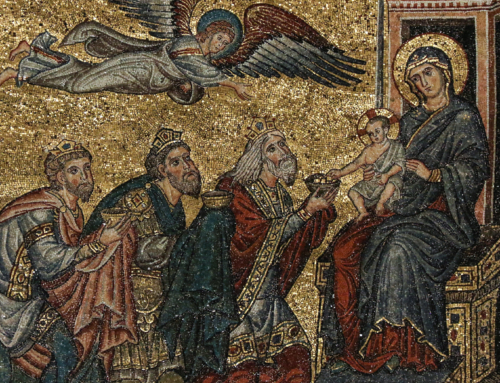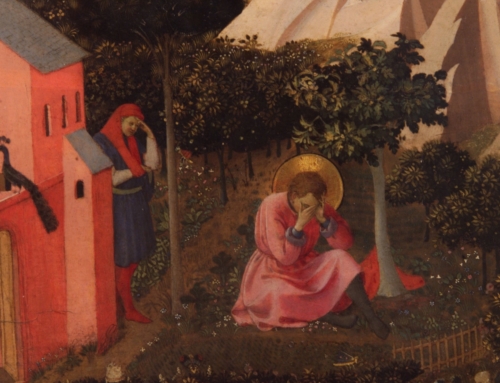Fifteen years ago, one wintry weekend in Michigan, my dad asked me for help with a house project. It wasn’t just shoveling snow or painting though. “Buddy, I need your help today,” he said as I ate my peanut butter toast for breakfast. “You’ve got good taste and a sharp eye. I want you to help me with the fireplace.” It needed some revamping. The emerald green tile that surrounded the warm glow of the fire had gone out of style since they built the house some years ago. He picked out slate flagstone in order to freshen things up.
That afternoon, I laid out the stones on the hardwood floor in front of the fireplace to get a sense of how the stones should be arranged on the wall. Once I finished, I called him over to take a look at my newly crafted pattern. My dad had a good eye for detail. He inspected things and made a suggestion. Afterward, we stepped back and he put his arm around me, saying, “Good work, dude. We can hang these.”
I felt both loved and trusted that day. He could have done things on his own, yet he wanted my help. He gave me a share in his work. Is it possible that God, our Heavenly Father, does something similar with us? The newly named doctor of the Church and co-Patron of the Church’s educational mission, St. John Henry Newman, believes so.
In a short meditation called, “The Mission of My Life,” Newman writes, “God has created me to do Him some definite service; He has committed some work to me which He has not committed to another. I have my mission.” What is this service and mission that God has entrusted to us? The Second Vatican Council helps to explain.
“By the will of Christ some are made teachers, pastors and dispensers of the mysteries on behalf of others, yet all share a true equality with regard to the dignity and to the activity common to all the faithful for the building up of the Body of Christ” (Lumen Gentium, 32). Some of these ministries and forms of service are not exclusively reserved to clerics or religious, some are open to the lay faithful, too. The Council shows that the various forms of service and ministries all aim at building up Christ’s Body. It moves us to consider that passivity isn’t an option for any member of the Church. Every member has a role to play.
So there are distinct forms of service, but what unites all this action? The Council explains, “In the Church there is a diversity of ministry but a oneness of mission. Christ conferred on the Apostles and their successors the duty of teaching, sanctifying, and ruling in His name and power. But the laity likewise share in the priestly, prophetic, and royal office of Christ and therefore have their own share in the mission of the whole people of God in the Church and in the world” (Apostolicam Actuositatem, 2). It’s the Church’s mission that unites every distinct form of service, and for that matter, every person. It’s a mission none other than to spread the Gospel for the purpose of the salvation of souls and to cultivate the earth for the purpose of helping all men flourish.
“God has created me to do Him some definite service; He has committed some work to me which he has not committed to another,” Newman writes. What service and work has God entrusted to you? Even if not as a formal teacher in the classroom or as a governor of nations, you likely encounter people everyday who need to know just a little more about Jesus Christ or who need to be led toward heaven. You have your mission, Newman says. It’s to assist in the Church’s mission of soul-saving and cultivating the earth, just one house and one day at a time. Through your service and your mission, you are given a share in the Church’s work and, for that matter, God’s.
✠
Kowalkowski Family Fireplace (Photo Courtesy: Mrs. Kowalkowski’s Realtor)







